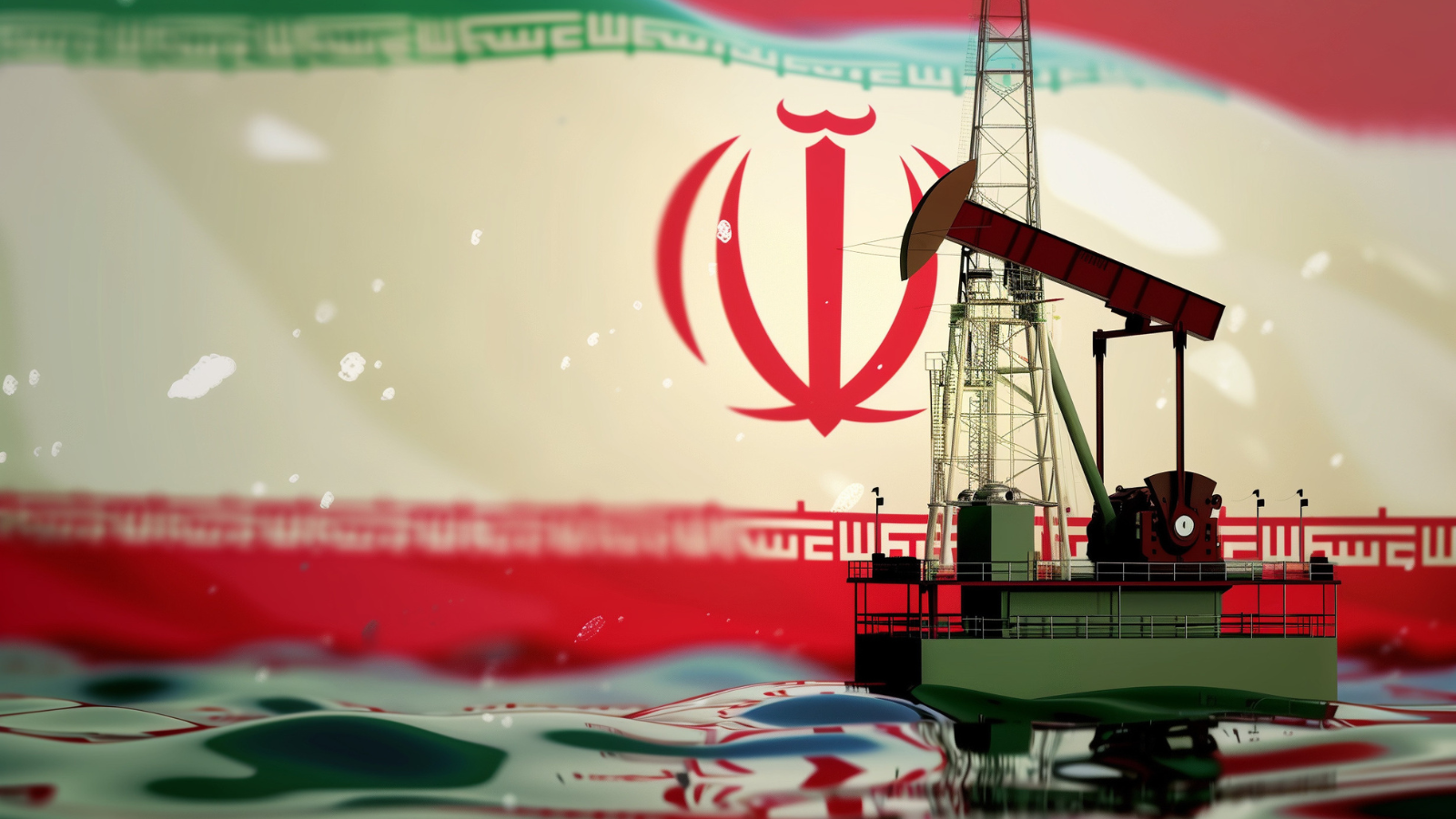The Trump administration on Wednesday turned the pressure up further on Iran’s oil and gas industry ahead of nuclear talks, imposing new sanctions against a Chinese teapot refinery and issuing a sanction-evasion advisory on Iranian oil.
The designation: The Department of the Treasury’s Office of Foreign Assets Control (OFAC) designated Shandong Shengxing Chemical Co., Ltd., a China-based independent “teapot” refinery, for its involvement in buying over a billion dollars’ worth of Iranian crude oil. Such refineries have played a significant role in China’s domestic fuel market, while also generating significant revenue for Iran.
According to the agency, Shandong received dozens of shipments of Iranian crude oil worth over a billion dollars from shadow fleet vessels. Some of these vessels have been sanctioned for shipping Iranian petroleum.
The teapot refinery sent over $800 million to China Oil and Petroleum Company Limited (COPC) between March 2020 and January 2023, OFAC said. It said COPC was a front company for Iran’s Islamic Revolutionary Guard Corps-Qods Force (IRGC-QF) that helped sell Iranian oil to China. COPC laundered billions of dollars through the U.S. financial system, according to the designation statement, $108 million of which was seized by the U.S. Department of Justice.
Soundbite: “Any refinery, company, or broker that chooses to purchase Iranian oil or facilitate Iran’s oil trade places itself at serious risk,” said Secretary of the Treasury Scott Bessent.
The advisory: In conjunction with Wednesday’s designation, OFAC also released an updated advisory for the shipping and maritime industry to help it detect and mitigate Iranian oil sanctions evasion.
The advisory flagged that Iran uses a number of deceptive methods to evade sanctions and sell its oil at a discount, such as:
Catch up: Kharon previously investigated a shadow fleet network that leverages such tactics to facilitate the shipment of Iranian, Russian and Venezuelan oil.
Best practices: OFAC’s advisory highlighted key due-diligence measures that the maritime industry can take to avoid engaging with high-risk entities, including:
Backdrop: Since President Trump took office earlier this year, his administration re-newed a “maximum pressure” campaign on Iran in an effort to stop the country from obtaining nuclear weapons.
The recent designation and advisory come days before the U.S. is expected to engage in a second round of indirect talks with Iranian officials on the country’s nuclear weapons program. The first round of talks was held in Oman last weekend.
Read more from Kharon:
The designation: The Department of the Treasury’s Office of Foreign Assets Control (OFAC) designated Shandong Shengxing Chemical Co., Ltd., a China-based independent “teapot” refinery, for its involvement in buying over a billion dollars’ worth of Iranian crude oil. Such refineries have played a significant role in China’s domestic fuel market, while also generating significant revenue for Iran.
According to the agency, Shandong received dozens of shipments of Iranian crude oil worth over a billion dollars from shadow fleet vessels. Some of these vessels have been sanctioned for shipping Iranian petroleum.
The teapot refinery sent over $800 million to China Oil and Petroleum Company Limited (COPC) between March 2020 and January 2023, OFAC said. It said COPC was a front company for Iran’s Islamic Revolutionary Guard Corps-Qods Force (IRGC-QF) that helped sell Iranian oil to China. COPC laundered billions of dollars through the U.S. financial system, according to the designation statement, $108 million of which was seized by the U.S. Department of Justice.
Soundbite: “Any refinery, company, or broker that chooses to purchase Iranian oil or facilitate Iran’s oil trade places itself at serious risk,” said Secretary of the Treasury Scott Bessent.
The advisory: In conjunction with Wednesday’s designation, OFAC also released an updated advisory for the shipping and maritime industry to help it detect and mitigate Iranian oil sanctions evasion.
The advisory flagged that Iran uses a number of deceptive methods to evade sanctions and sell its oil at a discount, such as:
- Ship-to-ship transfers
- Falsifying cargo and vessel documents
- Complex vessel ownership and management structures
Catch up: Kharon previously investigated a shadow fleet network that leverages such tactics to facilitate the shipment of Iranian, Russian and Venezuelan oil.
Best practices: OFAC’s advisory highlighted key due-diligence measures that the maritime industry can take to avoid engaging with high-risk entities, including:
- Strengthening Know Your Customer (KYC) and Know Your Vessel (KYV) protocols
- Identifying the use of multiple shell companies and vessel-owning special purposes vehicles (SPVs)
- Scrutinizing complex and opaque vessel ownership networks
Backdrop: Since President Trump took office earlier this year, his administration re-newed a “maximum pressure” campaign on Iran in an effort to stop the country from obtaining nuclear weapons.
The recent designation and advisory come days before the U.S. is expected to engage in a second round of indirect talks with Iranian officials on the country’s nuclear weapons program. The first round of talks was held in Oman last weekend.
Read more from Kharon:







